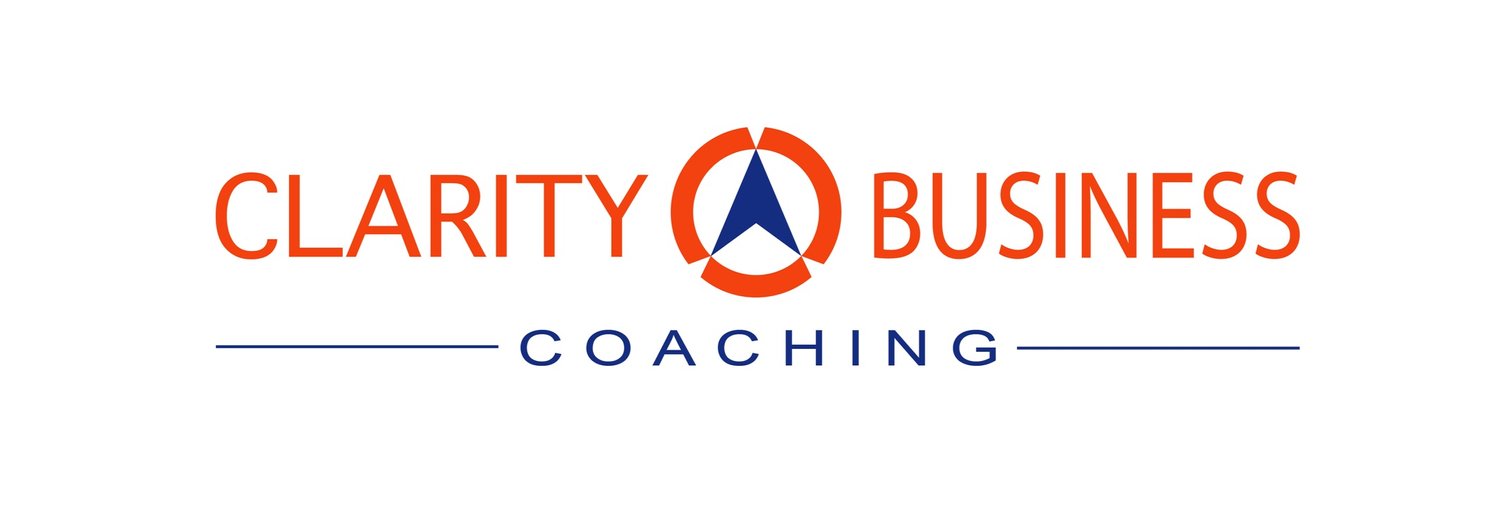The One Phrase You Need to Stop Saying
What is the one response you get whenever you ask your kidsto do something? If you’ve ever been a parent to a teenager, you know thisphrase especially well. “Yeah ok, I know…”
While this phrase may have been an excellent way to get parentsoff of our backs growing up, the “I know” mentality is a tough one to break, especiallyin the workplace. We may say the phrase more politely as adults (muttered underour breathe or kept to ourselves in our head), but this destructive mindset hasthe power to halt our self-improvement, hurt our personal and professionalreputations, and create resentment amongst our colleagues and peers. How can webreak free from this way of thinking and create a positive attitude thatfosters communication, creativity and learning?
Why saying “I Know” is detrimental as a boss.
Have you ever immediately told a team member that their ideawouldn’t work, simply because you’ve tried it before? If so, you have fallenprey to the “I Know” mentality. Shutting down an employee’s idea because you havetried it before kills the possibility that you could learn something from theirconversation. Did they have a different approach to the idea that could giveyou a fresh perspective on it? Knowing what you know now, could you brainstormways with the employee on how to find a solution to the reason it failed before?
What’s more, having the “I know” mentality with youremployees limits or even eliminates their involvement in the task or project.They will not continue to give you 100% effort when their ideas keep gettingquashed with an “I know” excuse. They may even stop speaking up or sharingtheir ideas out of frustration and fear of rejection.
Why saying “I Know” is problematic as an employee.
Have you ever said “I know” when your boss gave you anassignment because you wanted it to look like you didn’t need help… then wentback with your tail between your legs a little later asking for moreclarification? Or, maybe you said “I know” because you assumed you knew whatthey were referring to, only to have to re-do your work later on because ofmisinterpretation? We are often so eager to start working on an assignment, andwe forget to take the time to fully understand what our boss wants and to gatherall the necessary details.
Saying “I know” cuts the dialog between you and your bossshort, especially at times when you need more information to comprehend whatthey are asking of you. You will get your work done quicker and more accuratelyif you set aside your “I know” mentality and open up a conversation about yourboss’s expectations. It will also help you keep an open mind when it comes totrying things a different way and staying open to new ideas and changes.
Instead of saying “I know,” say “Isn’t that interesting.”
Whether you’re a boss or an employee (or both), you canalways know more than you know now! Reframing your response to “Isn’t thatinteresting,” allows the person you are speaking with to explain and expandupon their thoughts and point of view. This phrase keeps the communicationflowing and helps you and your organization to grow through learning and self-improvement.Keep on moving forward by staying open to new ideas – or old ideas with a freshperspective – and expand upon your current beliefs and your ability to thinkcreatively. Stay committed to finding new ways to increase your knowledge anddeveloping new skill sets that lead to never-ending improvement!

